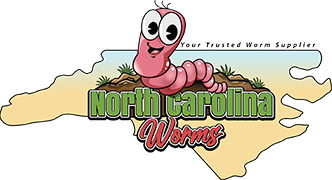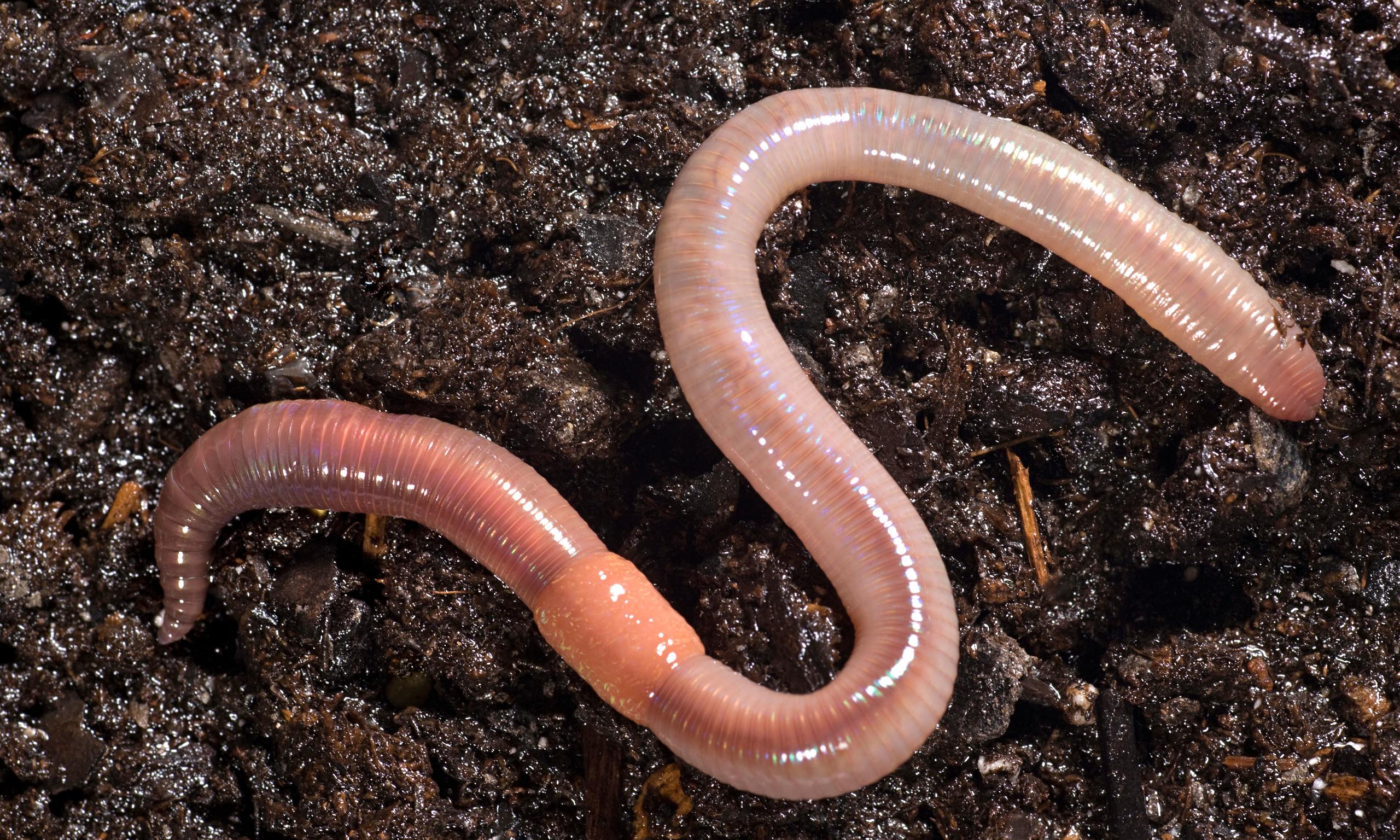North Carolina Worms - The Facts
North Carolina Worms - The Facts
Blog Article
Examine This Report about North Carolina Worms
Table of ContentsSome Known Incorrect Statements About North Carolina Worms 8 Easy Facts About North Carolina Worms ExplainedOur North Carolina Worms PDFsRumored Buzz on North Carolina WormsSome Ideas on North Carolina Worms You Should Know
Little is found out about the practices of earthworms in Australia. Much of the research that has actually been done has been accomplished in southern Australia, where the climate and dirts are fairly different to the NSW North Coast. Because of this, this details is very general in its technique. However, the concepts established from study on earthworm ecology can be applied typically to many soils and environments.In zero-till soils, where worm populations are high, water infiltration can be up to 6 times higher than in grown dirts. Earthworm casts concrete soil particles with each other in water-stable accumulations.
There was a close correlation in between field productivity and total worm weight, with some 170 kg of worms for each tonne of annual completely dry issue production. Since earthworms do not like soil that is too acid, alkaline, dry, damp, hot or cold, their existence is a great sign of soil conditions suitable for plant development.
See This Report about North Carolina Worms
Scientists have actually located that after four years, zero-tilled paddocks had two times as many worms as grown soils. Nonetheless, superficial growing might not influence worm numbers. Earthworms are intolerant of drought and frost, and do not like completely dry sandy dirts. They are energetic only when the dirt is damp, and are inactive when it is dry.
If you do not have several earthworms in your soil, present a few of the methods described above. It is surprising just how promptly they accumulate in good conditions. Cut pasture sods from areas with high worm populaces and transfer them to worm-free areas. New colonies will certainly develop within a number of years as long as there is lots of organic issue and dirt and weather conditions are good.

For one, they such as a whole lot of moisture. As we've discussed in the past, dirt that is high in natural matter has the ability to hold on to method more dampness than lacking dirt. They additionally favor loam, and temperatures in between about 50 65 levels. Sound like pretty beneficial problems for the gardener, too.
Not known Facts About North Carolina Worms
Worms lower dirt compaction. As worms burrow into your dirt they open up channels with the dirt, developing pores where there as soon as was soil tough masses. Worms help in soil oygenation. Think of the procedure of freshening a grass you pierce out little bits of dirt in order to make even more room for air.
If your soil is anything like mine, it can only take in so much water prior to it simply sits there, not able to pass through to lower levels. When worms dig furrows, they produce best little waterslides to move water deep below. Image credit reports: Veggiegardener Worms counteract pH. When they consume and process your soil, their waste matter is provided neutral at the same time.

Their excrement is chalk-full of advantageous microbes that help to damage down raw material in the soil. Worms eat nematodes. While there are nematodes around that are valuable to your soil ecosystem, there are others that are dangerous. Fret not, for earthworms like to treat on the harmful ones.
Depending upon your soil kind, there are several nutrients that are not prepared to be taken up by plants. Worm castings contain easily available nutrients such as nitrogen, phosphorus, and potassium. Taking all of these variables right into consideration, what's not to enjoy about earthworms? Follow the standards that will certainly lead you to having healthy dirt, after that watch the worms appear, and have a look at what they add to the soil with time.
What Does North Carolina Worms Mean?
Vermicomposting absolutely isn't a new method. We've been doing it below at Uncle Jim's for decades. But with the global promote sustainability and with environment-friendly methods expanding in appeal, individuals are finally happening and recognizing the environmental advantages of red wiggler worms and composting. In this post, we'll go over exactly how vermicomposting sustains sustainable gardening and the environmental benefits of red wigglers and various other earthworms.
This is the short of it. If you intend to read comprehensive regarding red shakes, we have a whole short article dedicated to them below. Currently, let's enter the basics of exactly how these worms sustain lasting gardening practices and profit the atmosphere: Worm composting is like a health facility day for your soil.
When integrated into your garden soil, these spreadings enhance its structure, aeration, and water retention. This aids with plant development and health and does not need using any type of chemicals. Did you recognize that organic waste comprises a substantial part of land fill product? And breaking down natural waste in garbage dumps produces big amounts of garbage dump gas (LFG), which is comprised of about 50% carbon dioxide and 50% methane a greenhouse gas roughly 28 even more effective than carbon dioxide.
Not known Incorrect Statements About North Carolina Worms
(https://www.addirectory.org/details.php?id=431388)By diverting your cooking area scraps and backyard waste right into a worm composting container, you're successfully lowering the quantity of natural waste that ends up in garbage dumps. Forget concerning chemical plant foods worm spreadings are the real bargain.

Report this page